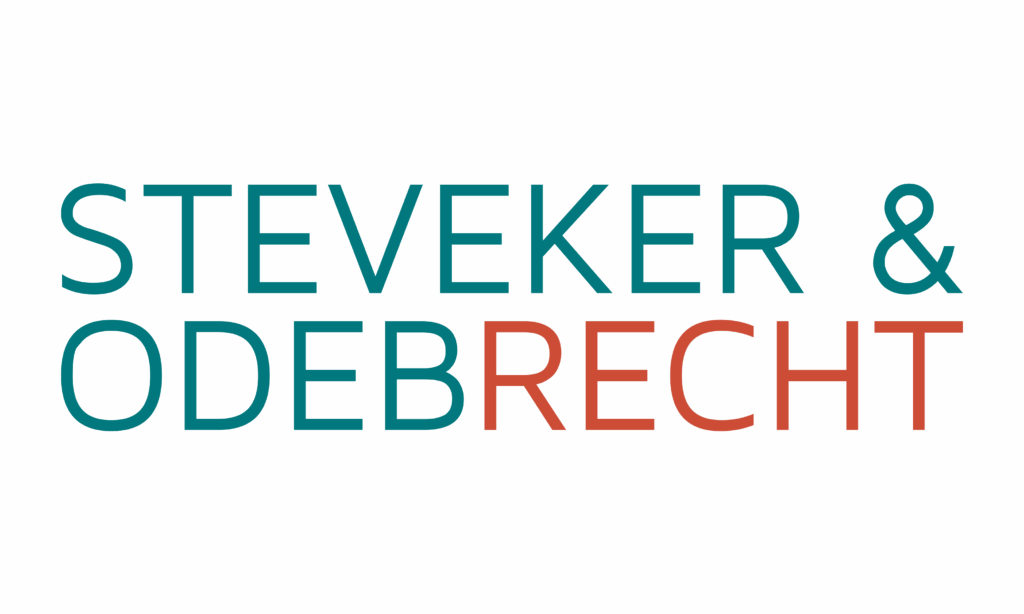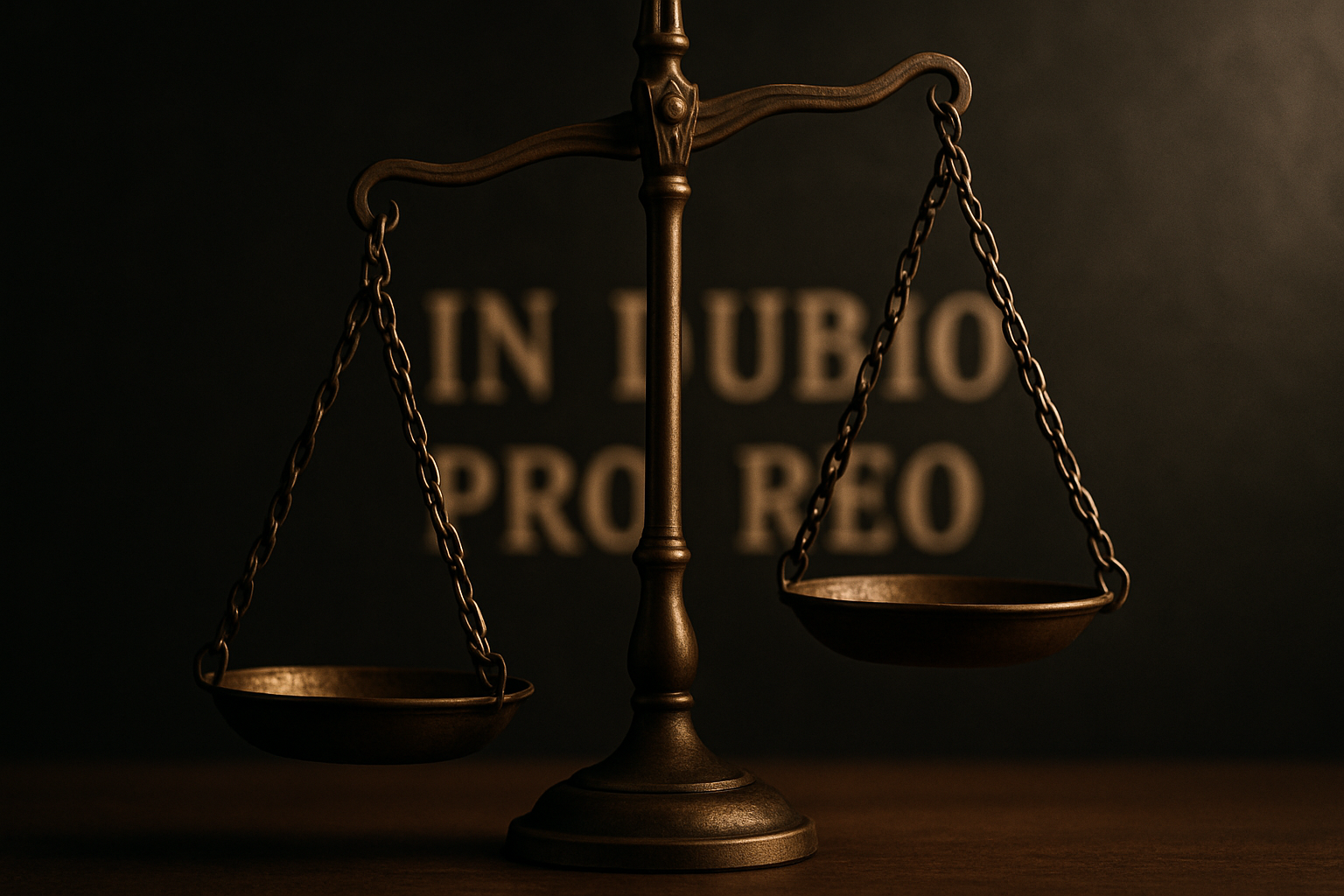From a so-called „Testimony against testimony“-In criminal proceedings, the term "constellation" is always used when the accusation is based exclusively on the testimony of a single person - usually the alleged injured party. This:r accuses the:accused of certain behaviour, while the:accused either describes a completely different version of the events or simply denies the allegations. In this context, silence on the part of the:accused is also legally treated as a denial - silence must not be interpreted negatively in criminal law.
Such constellations occur in particular with Sexual offences where there are often no neutral witnesses or objective evidence (such as DNA traces or injuries) available. In such cases, the court must therefore rely solely on the statements of the parties involved - which makes the judgement particularly challenging.
In a city like Bremen, where personal networks and acquaintances are often close, it can also be difficult to assess the independence of witnesses - especially if they come from the immediate environment of the people involved, such as friends, partners or relatives.
1 What role does „in dubio pro reo“ play?
The principle „in case of doubt in favour of the defendant“ - legally referred to as in dubio pro reo - means that if doubts cannot be dispelled, a decision must be made in favour of the accused. However, it is important that „Testimony versus testimony“ situation does not automatically lead to an acquittal. Rather, the court scrutinises the case closely, whether it can be convinced by one of the statements.
The benchmark here is the so-called judicial conviction (§ 261 StPO). The court therefore decides on the basis of its personal certainty as to how the incident actually took place. If the court cannot come to this conclusion - for example because the statements are equally credible or equally unbelievable - then the principle of in dubio pro reo applies.
But that also means A conviction is quite possible, if the court considers the statement of the alleged injured party to be credible and has no doubt as to its veracity.
2 How does the court make its decision?
When assessing the credibility of statements, the court is guided by a series of criteria that have been developed by the Federal Court of Justice, among others. These include, for example:
- Consistency in the core business: Does the statement remain stable over several interrogations?
- Internal logic and comprehensibilityIs the process described coherent?
- Depth of detail, especially in the case of incidental or unusual aspects
- Description of communication and interaction: Is there a description of how people spoke or reacted?
- Personal perception: Are emotions, thoughts or physical reactions described?
In addition, the court also takes into account:
- Possible motives for false charges, e.g. out of jealousy, quarrel or revenge
- Influences of third parties: Was the statement influenced by others or subsequently changed?
- Meaningfulness: Particularly in the case of young or mentally disturbed witnesses, it is checked whether they are even able to reliably reproduce what they have experienced.
In practice - including here in Bremen - such cases can result in a Psychological credibility report play a decisive role. This is often requested by the defence if there are doubts about the testimony or the mental state of a witness.
Conclusion
Particularly in „statement versus statement“ constellations, a Competent criminal defence essential. This is because the court decides on the basis of subjective conviction - and this can be significantly influenced by a targeted suggestion of evidence or a professional statement analysis.
FAQ's on the subject of statement against statement
1. does a testimony-against-testimony situation automatically lead to an acquittal?
No. Even if there is no further evidence, the court can pronounce a conviction - provided it believes a person's statement.
2. what role does „in dubio pro reo“ play in testimony against testimony?
The principle only applies if the court is not convinced of guilt after assessing the evidence. It is not a rule of evidence, but a rule of decision.
3 When should you apply for a credibility report?
If there are doubts about the validity, perceptiveness or independence of a witness, such an expert opinion can be decisive.





